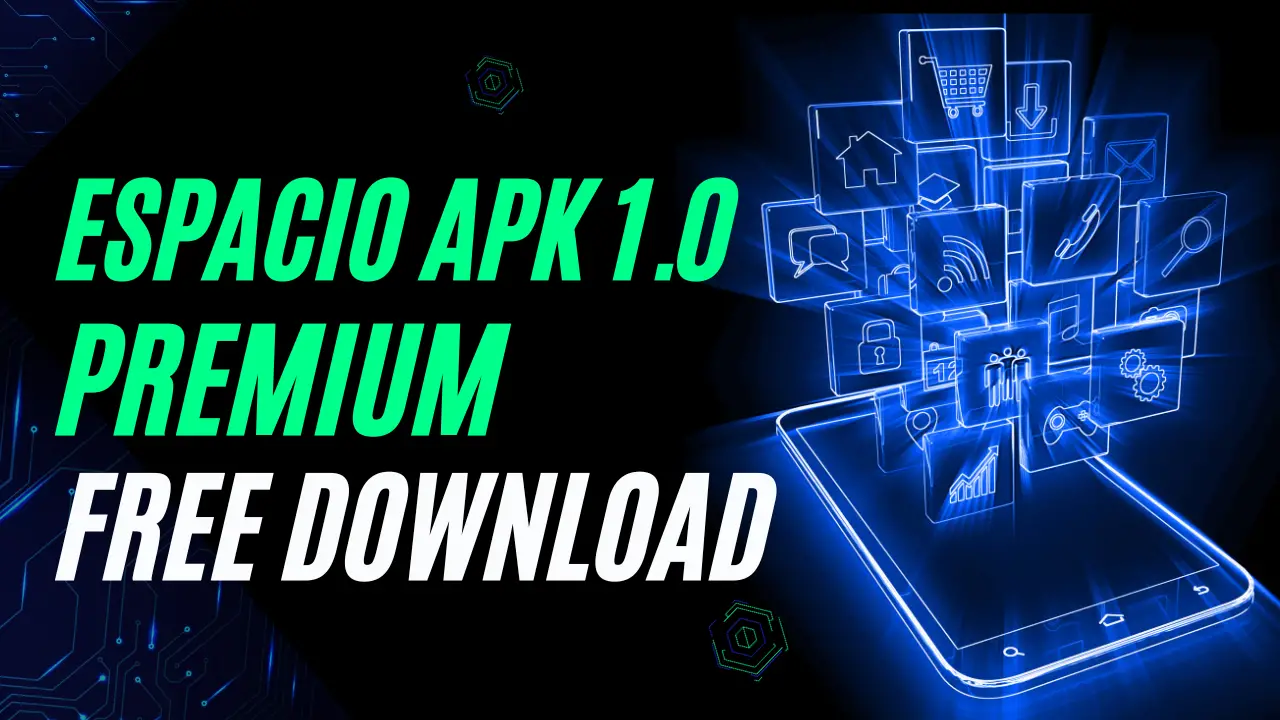The realm of quantum computing has emerged as a groundbreaking field, captivating attention for its potential to revolutionize the computing landscape. Unlike traditional computers, which operate using binary bits (0s and 1s), quantum computers harness quantum bits, or qubits, capable of simultaneous states through quantum mechanics. This unique attribute promises remarkable computational prowess. But the question remains: How fast are quantum computers? In this article, we will explore the speed of quantum computing, its current capabilities, and its future outlook.
Unpacking Quantum Speed
Quantum Speed vs. Classical Speed
The inherent speed of quantum computers lies in their ability to perform certain types of calculations exponentially faster than classical counterparts. This is particularly evident when tackling problems involving large number factorization, searching unsorted databases, and simulating quantum systems. Tasks that are highly time-consuming for classical computers are executed with remarkable speed and efficiency by quantum computers.
Exploring Quantum Computing Courses Online
To tap into the potential of quantum computing, individuals can delve into quantum computing courses available online. These courses offer a comprehensive understanding of the fundamentals of quantum computing, its algorithms, and effective quantum computer programming. Online learning about quantum computing provides insights into the current capabilities and the vast future potential of the field.
The Current State of Quantum Speed
Existing Limitations
While quantum computers exhibit promise, they are not universally superior to classical counterparts. Their prowess is specific to certain domains but lacks in others. Quantum computers are specialized machines, and their speed hinges on the algorithms and applications for which they are designed. As of now, these machines are still in their nascent stage and grapple with technical challenges, including error rates and decoherence, limiting their practicality for many real-world problems.
The Future of Quantum Speed
Evolving Quantum Speed
Quantum computing is a continually evolving field. Researchers are actively engaged in enhancing the speed and reliability of quantum computers. This involves the development of error-correction techniques, the creation of more stable qubits, and the augmentation of qubit numbers in quantum processors. As these advancements materialize, the speed and practicality of quantum computers are expected to experience significant growth.
The Expansive Reach of Quantum Computing
Quantum computing holds substantial potential across various domains, including cryptography, drug discovery, materials science, and optimization problems. As quantum computers gain speed and accessibility, their applications will expand, potentially reshaping industries and unraveling complex issues that were previously insurmountable.
In conclusion, the speed of quantum computing is a multifaceted and dynamic subject. While quantum computers have demonstrated their ability to outperform classical counterparts in specific tasks, their utility is problem-dependent, contingent on the current state of quantum technology. As quantum computing advances and becomes more accessible through online courses, its speed and applications are poised for exponential growth, heralding a new era of computational capabilities that could reshape the world. 🚀🌐 #QuantumComputing #TechTrends #ComputationalPower



